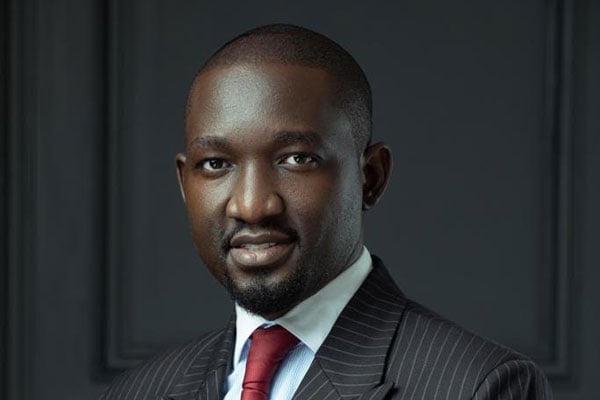The Advocate opinion in the European Super League case and its effect on running sports, even in Uganda

IVAN OJAKOL
What you need to know:
The Advocate General’s opinion I predict will be upheld by the Judges of the CJEU and its reverberations will be felt far and wide, even in Uganda adding more fuel to the fire on the never-ending debate on the extent of the powers of sports federations as far as the running their respective sports disciplines is concerned.
This week, I will dive into the Advocate General of the Court of Justice of the European Union (“CJEU”)’s opinion on the European Super League and its ramifications on International Sports Law.
An Advocate General (“AG”) in this context is a special advisor to the Judges of the CJEU and writes an independent and impartial opinion on any case before the court for the Judges to consider before their final verdict. The AG’s opinions are not binding on the CJEU, but more often than not the Judges of that court follow the AG’s opinion. The statistics have it that that happens in around 80% of the cases.
As I stated in my column last week on sports and the AfCFTA, the citizens of the EU have creatively used their court, the CJEU to develop and advance their sports law. The CJEU has a mandate to ensure that European Law is applied in European states. The citizens of the EU can invoke its jurisdiction through a preliminary ruling where a national court refers a question on the interpretation of European Union law it. After the CJEU’s interpretation, the case is sent back to the national court for a final decision. The East African Community through the East African Court of Justice has a similar mechanism.
Competition law in a nutshell is an area of law that guards against anti-competitive practices. Anti-competitive practices come with their negatives like cartels and abuse of dominance among others.
In 2021,12 European professional football clubs to wit the traditional top six in England, the top three in Spain, and the two Milan clubs and Juventus in Italy announced that they would together come up with a European Super League (“ESL”), a closed-format, elitist, Uefa Champions League-kind of competition. It was according to them a commercial enterprise aimed at boosting their revenues since they were not getting enough money from Uefa for their participation in the league with the smaller, less prestigious clubs more or less riding off their brands and goodwill for their share of money from Uefa.
Uefa supported by Fifa of course came out all guns blazing and made all manner of threats including banning players who would participate in the impugned league from playing in the Euros and World Cup.
The people behind the ESL filed a case in a court in Madrid arguing that Uefa and Fifa statutes in as far as they made Fifa and Uefa monopolistic authority to regulate and control football competitions was against EU Competition law. The Madrid court referred the case to the CJEU for a preliminary ruling on “whether the system of prior authorization and the system of sanctions contained in the UEFA and FIFA Statutes are in breach of EU competition law.”
The AG reasoned in his opinion that Fifa and Uefa’s dual function of regulating and organizing European football competitions is in line with EU Law since a concept termed a “European Sports Model” is a part of EU primary law which European Sports Model recognizes the specificity of sports.
The AG therefore opined that third-party sports competitions have to be authorized by these sports governing bodies and there is no form of anti-competitiveness there. Resultantly, according to the AG, sports federations have economic interests, which economic interests have to be protected and that does not render them anti-competitive.
A similar opinion was rendered by the AG in an International Skating Union case which I will not go into here because of space issues.
Perhaps also, it is important to mention that Competition law and sports in Africa is not an alien thing as there was a recent decision in favour of Caf in a dispute regarding Caf’s media and marketing rights by Comesa’s Competition Commission.
The Advocate General’s opinion I predict will be upheld by the Judges of the CJEU and its reverberations will be felt far and wide, even in Uganda adding more fuel to the fire on the never-ending debate on the extent of the powers of sports federations as far as the running their respective sports disciplines is concerned.
Most importantly, it will make it an even more complicated task for anyone to challenge sports federations’ decisions, especially with the constant agitations and fights concerning their governance that are all too common in countries like ours.




